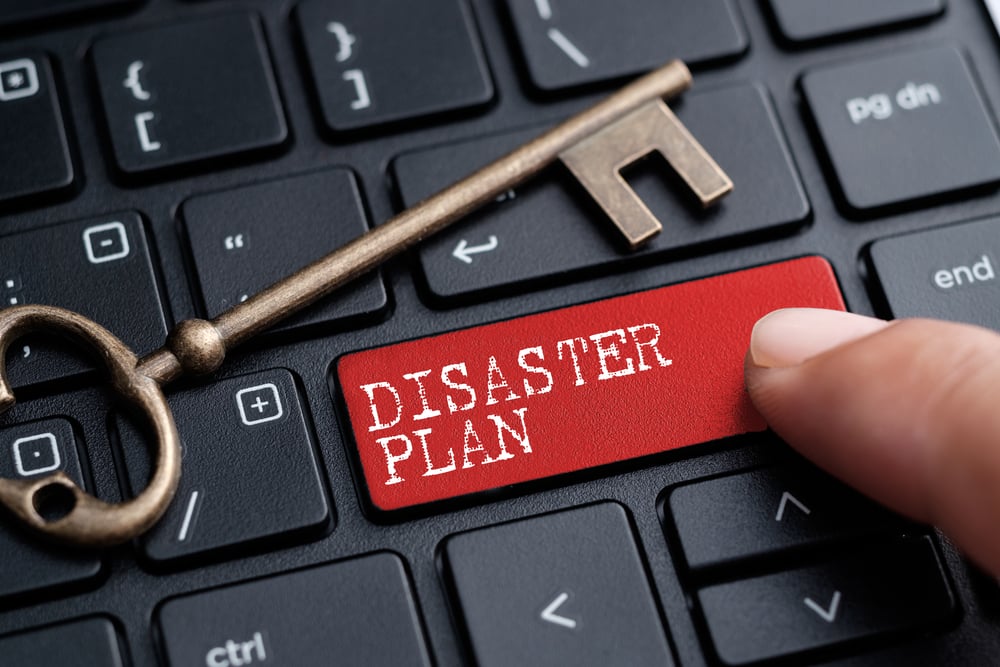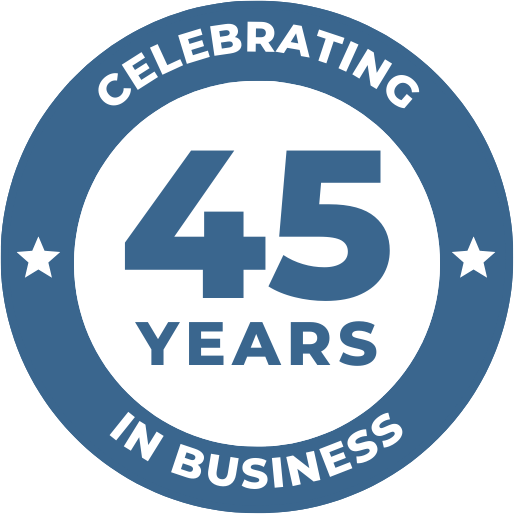The year 2020 has taught us a lot about being prepared to face a disaster. We now have extra toilet paper and have learned to work from home. Business owners have had multiple challenges, applying for the PPP loan, maintaining a motivated work force while working from home and in many cases, diminished revenue. Just recently, many companies experienced theft and vandalism at the time when state ordered closures were being lifted. Like a good Boy Scout, a business owner must be prepared to meet these challenges so they can quickly get back to work.
Unfortunately, the SBA estimates that 25 % of small businesses that close due to a disaster never reopen. The Federal Emergency Management Agency (FEMA) puts that number even higher, at almost 40%. And for business that do reopen, the road to recovery is usually long and expensive. The problem for most is the lack of a disaster plan. Here are three things you can do to make sure your company is able to get up and running again in the event of a disaster.
- Be Proactive Concerning Your Finances – Don’t assume your bank and credit card companies will know that you’ve been affected by a disaster. Instead, you should contact your lending institution immediately and let them know about your emergency situation. Most lenders will work with you to help you get back on track. In some cases, they may waive fees or allow you to defer payments.
- Low-Interest Disaster Relief Financing – The SBA is offering several disaster relief programs. Theses include the PPP, the Economic Injury Disaster Loan and the Main Street Lending Program. Consult with the SBA and your CPA for more options. Some lenders also offer special programs new and existing customers affected by COVID-19. At American Receivable we’re offering discounted rates to business affected by COVID-19. Our invoice factoring solutions require no lengthy approval process and funding in as little as 24 hours. Call 1-800-297-6652 to learn more. You may also complete our quick application form.
- Prepare for the Unexpected – As the old saying goes, “an ounce of prevention is worth a pound of cure”. Having cash reserves to meet your operating expenses for at least 30 days can help your business survive a disaster. Unfortunately, this is easier said than done for business owners that operate on tight margins. If this is true for your business, now is the time to look for ways to pay off existing debts and reduce operating costs.
For more information, check out these helpful disaster checklists and tips:
https://www.sba.gov/business-guide/manage-your-business/prepare-emergencies








